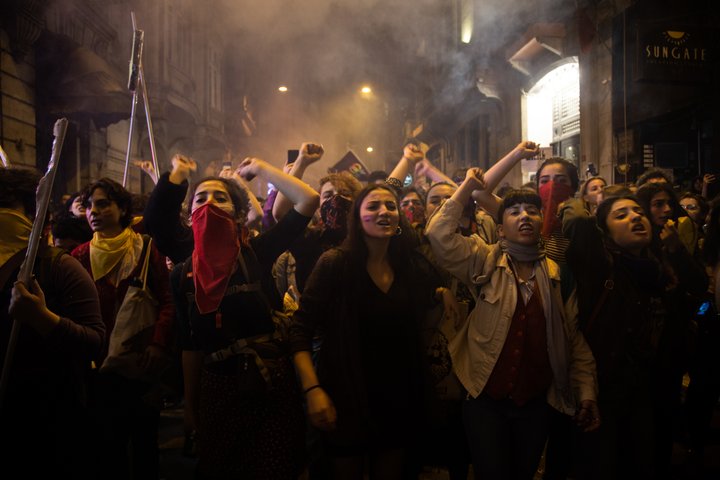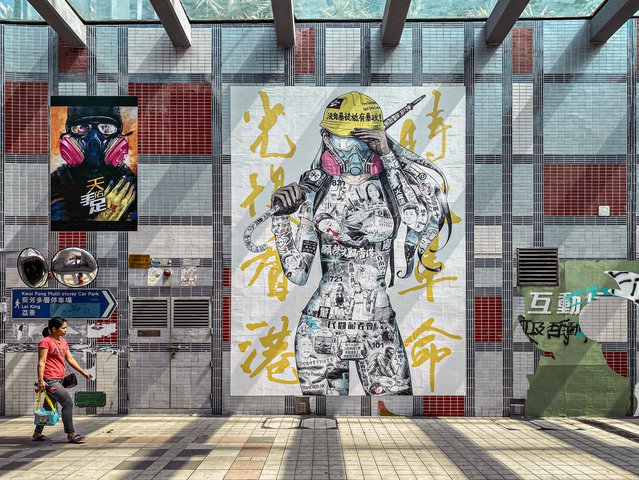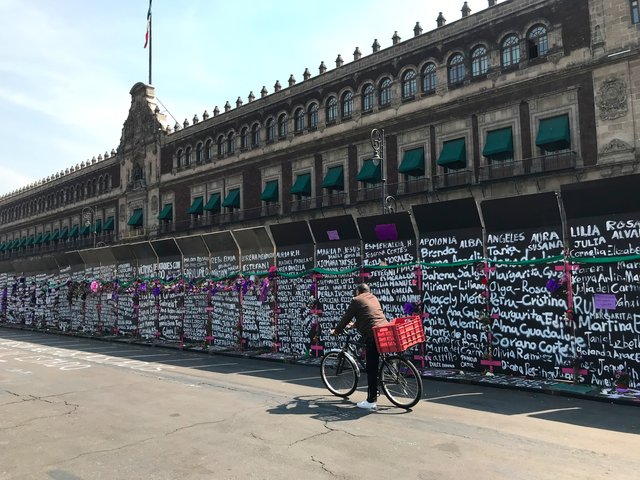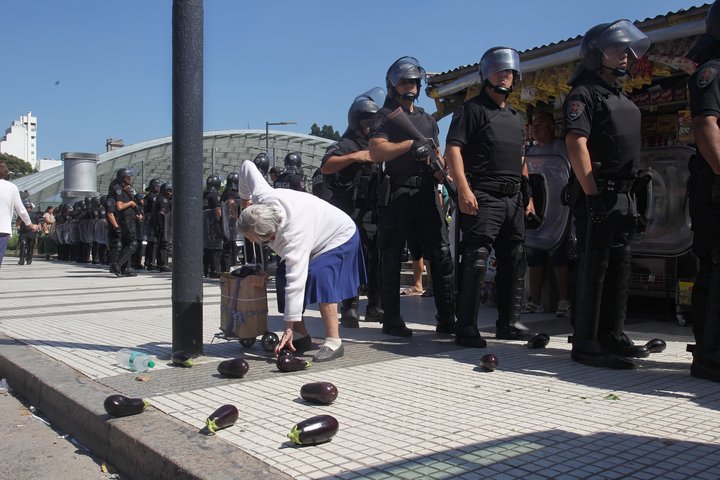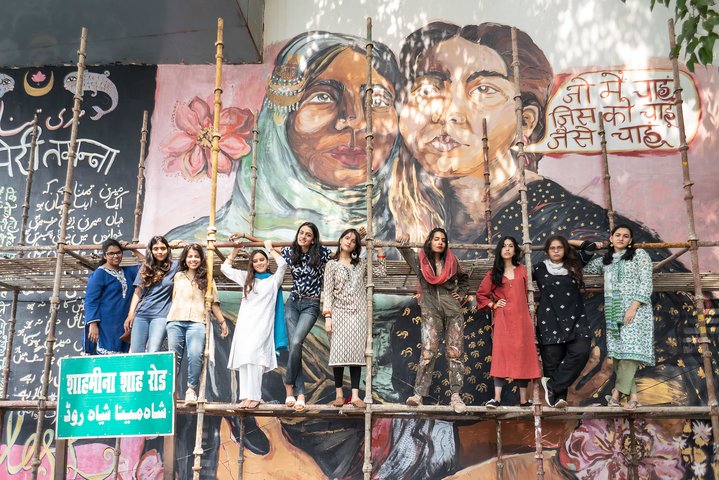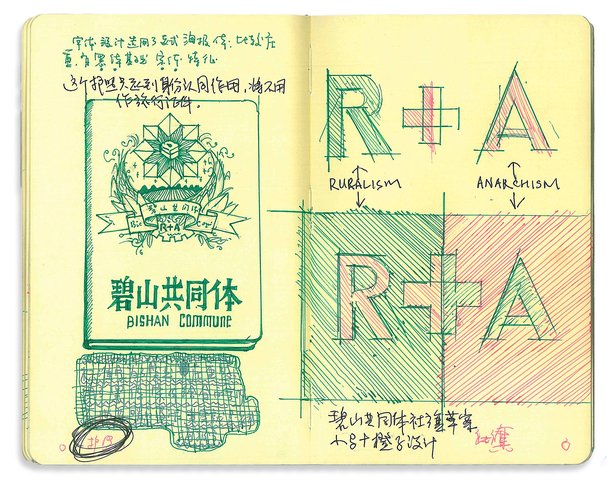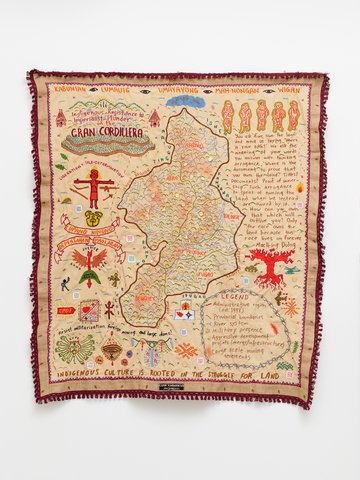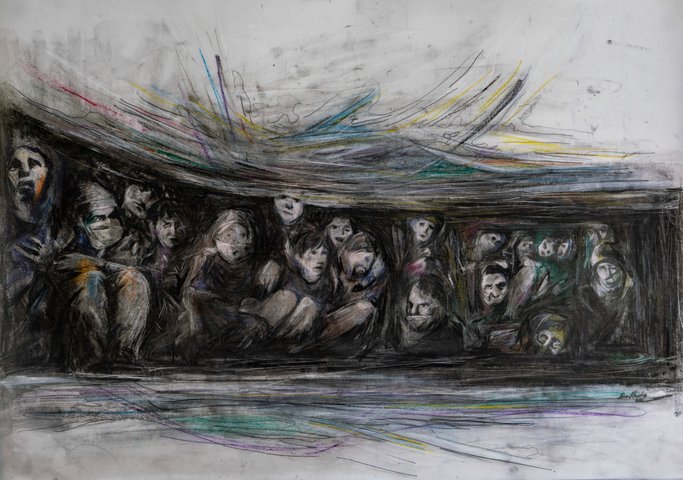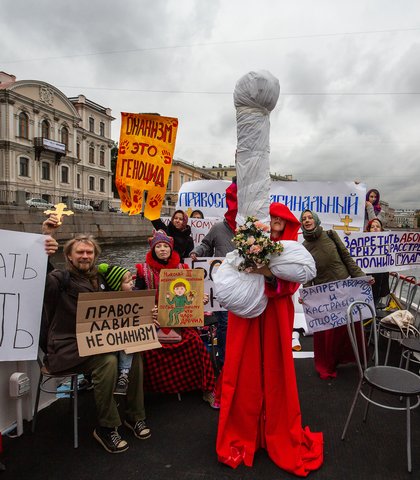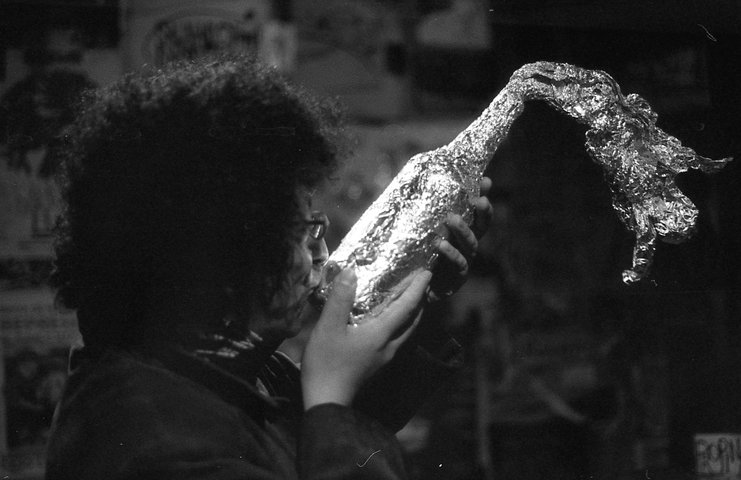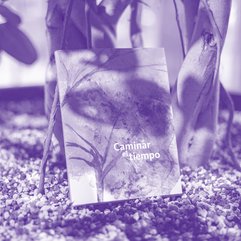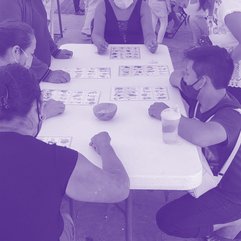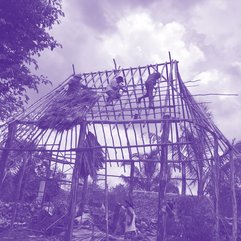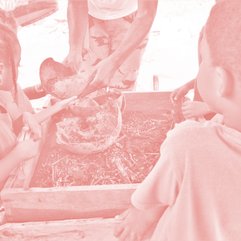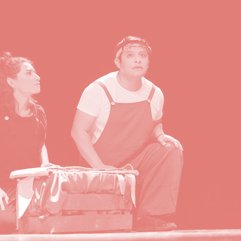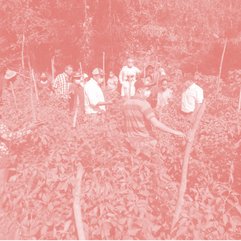Beyond Molotovs
An Exhibition of Anti-Authoritarian Strategies
Opening Hours
Thursday: 3 p.m.-8 p.m.
Friday: 3 p.m.-8 p.m.
Saturday: noon-8 p.m.
Sunday: noon-8 p.m.
Save the Date
From 15 years and older
in German/in English

Authoritarianism operates at a visceral level rather than relying on arguments. How can we counter authoritarian affects? At a time when authoritarian ideologies are on the rise, democratic rights under attack, and emancipatory horizons seem foreclosed, this event argues for an anti-fascism that goes beyond the defence of what is.
Through different workshop formats, an exhibition, and a roundtable, this event proposes affective counterstrategies and new perspectives on moments of resistance, subversion, and creation. Together, we hope to explore paths by which we can radically reclaim the future and build real, lived utopias.
The exhibition and workshops are hosted by editors and contributors to the book “Beyond Molotovs - A Visual Handbook of Anti-Authoritarian Counterstrategies”, which brings together 50 first-hand accounts from anti-authoritarian movements, activists, artists, and scholars; ranging from the collective art of feminist movements in India, Iran, Mexico, and Poland, over sewing collectives, subversive internet aesthetics in Hong Kong, to anti-authoritarian board games.

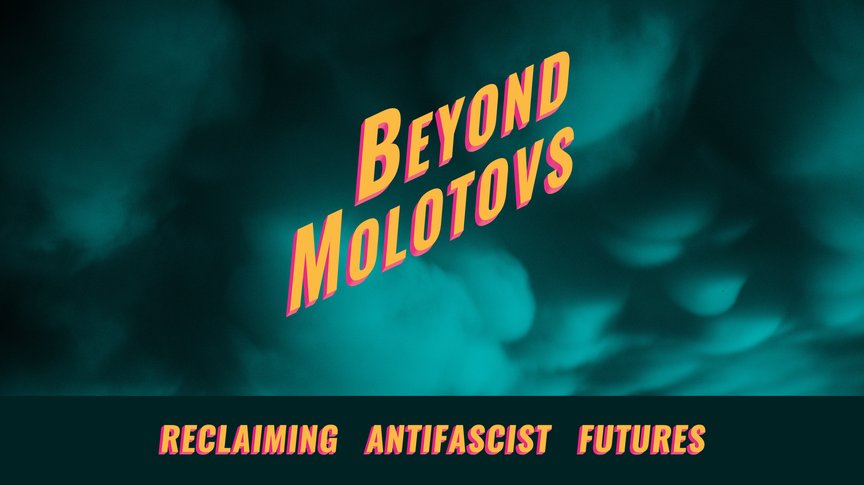
The International Research Group on Authoritarianism and Counter-Strategies (IRGAC) is an initiative of the Rosa-Luxemburg-Stiftung that brings together scholar-activists from across the Global South to research authoritarian capitalism, the far right, and strategic responses from the left.
kollektiv orangotango is a circle of critical geographers and friends who have been in co-evolution since the 2000s. As popular educators, they strive for a collective horizontal production of knowledge; as militant scholars, they link practical interventions and theoretical reflection. They place their work at the service of emancipatory processes in youth clubs and community gardens, in schools and autonomous social centres, on park benches and in lecture halls, in favelas and in rural communities.
Supported by the Rosa Luxemburg Foundation with funds from the Federal Ministry for Economic Cooperation and Development.



